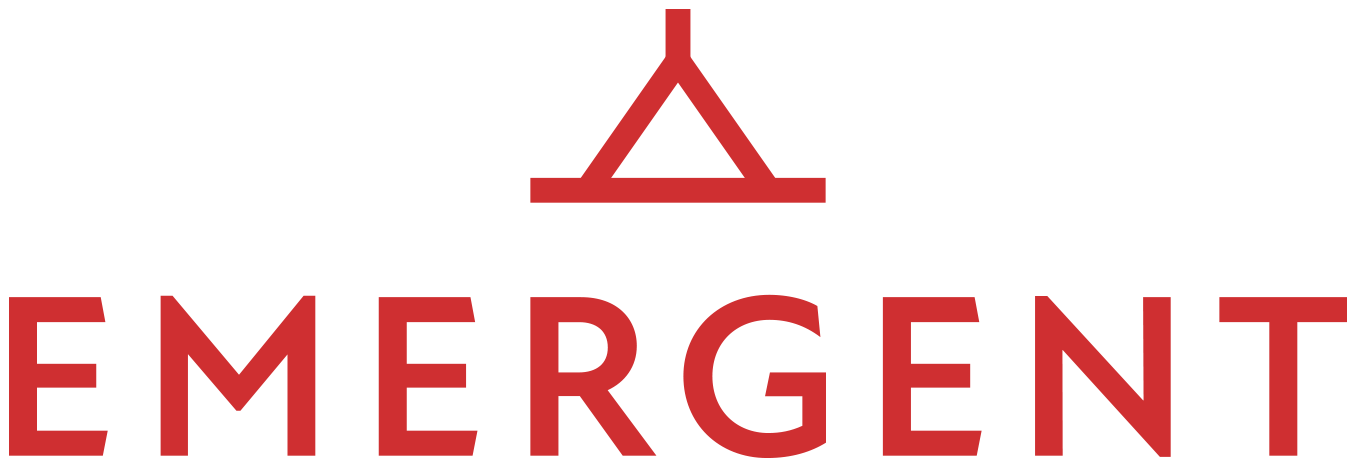Searching for answers
In 2007 Australian champion triathlete Chris McCormack had hit a dead end. After years of success in World Championships and World Cup races at multiple distances and formats, he had struggled for five years in the biggest race in the sport of triathlon – the annual Ironman World Championship held in Kona, Hawaii.
As a larger athlete in the sport of Ironman, the heat and humidity of Kona caused Chris to struggle with cramping during the run stage of the race, undermining his performance. Five years of trying different hydration and nutrition strategies left him frustrated and desperate.
A friend suggested he speak to someone in the world of bodybuilding - a sport about as far removed from triathlon as you can imagine. Initially reluctant, eventually Chris relented and when the opportunity arose to speak to the French owner of a bodybuilding-focused nutrition company, he took it.
The insights he gained from that conversation about how bodybuilders had learned to store nutrients and minerals within their muscles to prevent cramping when dehydrated on stage were critical. When applied to triathlon they played a key role in Chris overcoming his cramping issues and winning in Hawaii.
As this story shows, there can be huge benefits from looking beyond your own experience and knowledge to find answers to the challenges you face, no matter how unlikely the source may initially seem.
This is not an isolated example. Consider how the lack of information sharing between the FBI and CIA helped the 911 hijackers to complete their mission. How Steve Jobs used the rules of calligraphy to create more beautiful fonts for the Apple Mac. Look at how Greg Lemond ‘borrowed’ aero bars - from the sport of triathlon - for the first time in a professional road race time trial to overcome his rivals on the last stage and win the 1989 Tour de France by just seven seconds.
There can be huge benefits from looking beyond your own experience and knowledge to find answers to the challenges you face, no matter how unlikely the source may initially seem
Within many success stories, you will find that inspiration and ideas from other people and industries were a key factor.
What does this look like in practice? How can we bring this idea to life and use it within our organisations and lives to find the answers we seek?
The first - and most critical - component is humility. We must accept that we don’t know everything. Being a leader doesn’t mean that we have - or are expected to have - all the answers. The willingness to accept this, and say “I don’t know”, is a powerful first step. Many other people have trodden the same path as us, however how much we like to believe our own journeys are unique. We can all learn from those who went before us. Being honest about what we don’t know is just the start.
Secondly, you need curiosity. You not only want to do things better and solve problems but be interested in how others approach similar challenges. If you aren’t interested in solving the challenges you face, who will be? Between books, blogs, podcasts and videos there is so much information easily accessible you are sure to find something relevant if you take some time to look, there really are no excuses.
Next, you need clarity on the most important challenges your organisation faces. This will focus you and your team and keeps your search aligned to the outcomes you seek. Communicating this across the organisation is a step often missed. It’s one thing a leader knowing what problems you face and looking for answers, but the real power comes from your whole team being engaged in the process. Which leads neatly on to the next step…
…building a ‘sensing system’ for your team to capture, share, review and assess insights and observations that could help. There are many tools available suited to this task, such as Evernote, Slack and Miro…but it’s not the tool that matters most but the practice. Building a platform to share knowledge and engaging your team in the search for insights and answers multiplies your chances of success.
Once you’ve found an idea you think could help, find a safe way to test it. All the insight in the world is useless if it doesn’t lead to action. Create the conditions for an experiment and then iterate. Manage the risk, and scale what works.
This process is about creating a learning loop that engages your team in helping to solve the most critical challenges you face. Without curiosity, open-mindedness, humility and the willingness to try things outside of his comfort zone, Chris McCormack would never have won those Kona titles. Just imagine what you and your team could achieve if you show the same attributes?
This article was first published on the Training Journal website in October 2021
